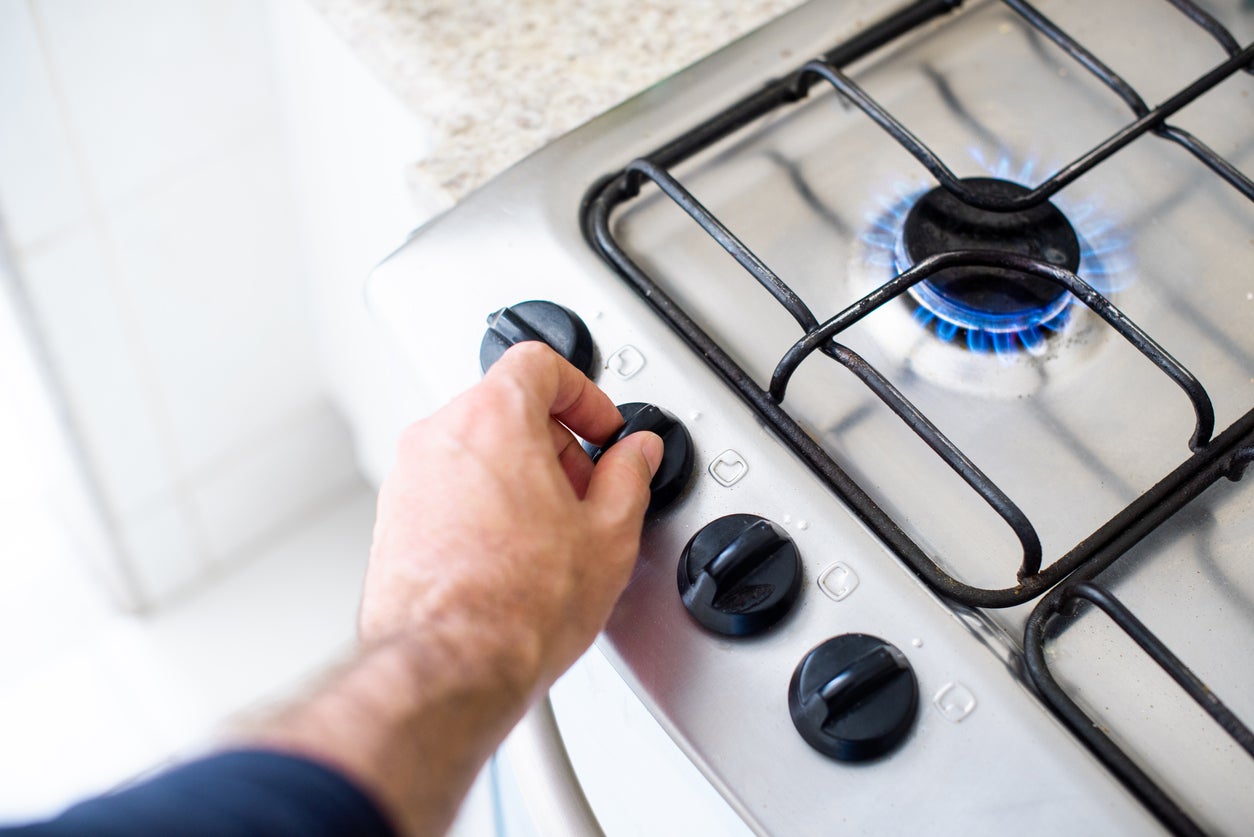America’s gas stoves are terrible for the environment. Here’s why
Natural gas stoves release methane, which is bad for the environment. Only recently have researchers worked out just how bad

Gas cookers have the same impact on the environment as half a million cars, according to a new Stanford University study.
Humans have cooked with fire for thousands of years, but it turns out our association between fire and food may be one we need to change for the sake of the environment.
The unused methane that leaks from the 40 million cookers in the US is the problem. It happens during what researchers call “post-meter leaks and incomplete combustion”.
“Natural gas cooking appliances release methane – primarily through small, persistent leaks and while in use, damaging the climate,” states the synopsis published with the report in Environmental Science & Technology on Thursday.
There’s plenty of research on gas leaks from pipelines, but there has been very little from natural gas-burning cooking appliances in our homes, until now, said staff scientist at Stanford and lead author of the study Eric Lebel.
“Surprisingly, there are very few measurements of how much natural gas escapes into the air from inside homes and buildings through leaks and incomplete combustion from appliances,” Mr Lebel said. Leaking gas is not only bad for the environment, but bad for air quality, he maintains.
The study looked at 53 kitchens stoves in California – many in guesthouses that were rented for the study then covered in plastic seals so they could trap the gas. The most surprising revelation was that most of the methane was released when the stoves were off. While gas is a cleaner energy source than coal, much of that benefit is lost when you take into account the number of leaks that come with gas appliances.
Although there is more carbon dioxide in the atmosphere, methane has 86 times more potential to warm the planet over a 20-year period, according to researchers.
Legislators and gas providers are currently debating the worth of natural gas, with some places like New York City, Oakland, San Jose, and the Bay Area of San Francisco, and Berkeley removing natural gas mains from the construction of new buildings. Consumers, however, often prefer gas as electric appliances are more costly to run and arguably don’t perform as well.
Join our commenting forum
Join thought-provoking conversations, follow other Independent readers and see their replies
Comments
Bookmark popover
Removed from bookmarks